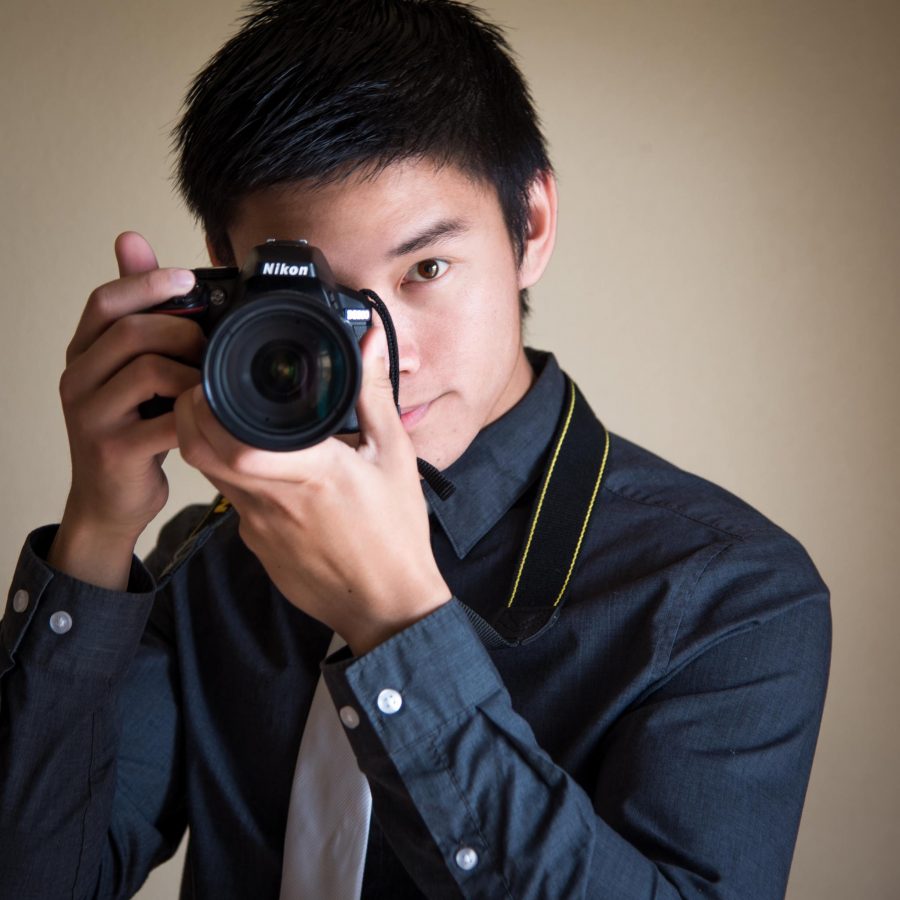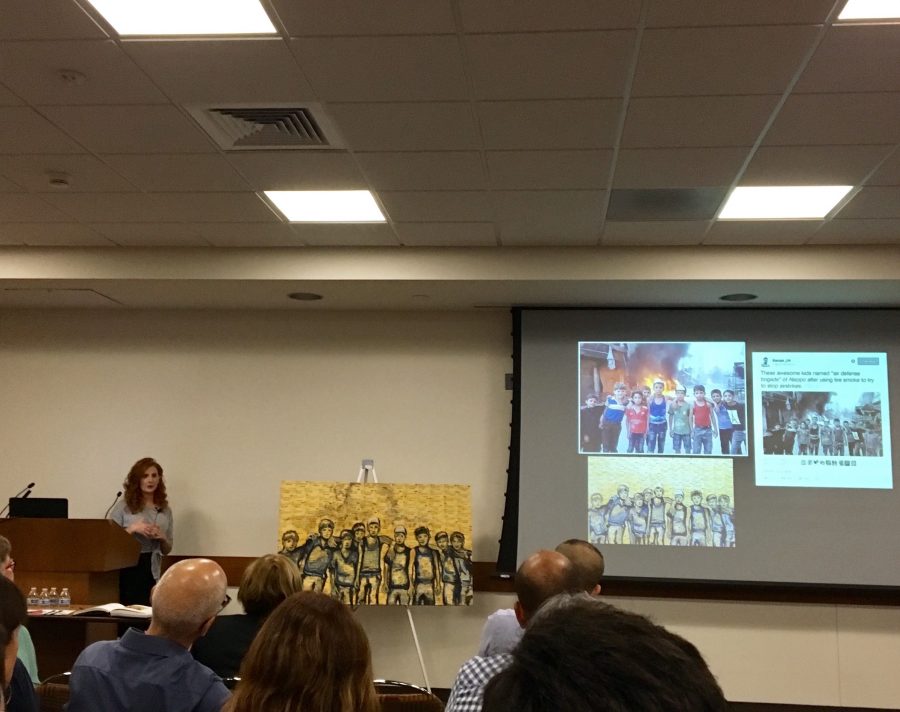
In the latest two-hour trailer for “The Avengers,” director Kenneth Branagh’s “Thor” successfully injects Shakespearian tragedy into the smirking, self-referential Marvel Studios’ mold. Branagh humanizes the God of Thunder (Chris Hemsworth) by grounding the action sequences within the intrigues of his family — placing as much emphasis on character motivations as explosions.
Thor’s family, however, comprises the Gods of Norse mythology. On the day of Thor’s coronation as king of the Tolkien-esque realm of Asgard, several Frost Giants break into the palace to reclaim the stolen “Casket of Ancient Winters” (otherwise known as the “MacGuffin of Standard Plot Artifices”). Thor views this as a declaration of war and leads a band of warriors into the Frost Giants’ realm to administer a righteous beating — against the wishes of his more diplomatic father Odin (Sir Anthony Hopkins). Yet, the poorly executed assault leaves Thor outmatched by the overwhelming number of giants and requires Odin’s intervention.
Chafed by his son’s disobedience, Odin decides Thor is not fit for the throne and subsequently strips him of his godly powers and hammer before banishing him to Earth. Without his title and phallic symbol, Thor is thrust into existential despair, stating “I have no idea what I’m supposed to do.” Meanwhile, with the line of succession broken, Thor’s younger brother Loki (Tom Hiddleston) seeks to manipulate the situation to ensure he ascends to the throne at any cost. Thor’s only hope to redeem himself and return to Asgard rests on the charms of astrophysicist-turned-storm-chaser Jane Foster (Natalie Portman) and her ability to outsmart the Feds, who are keenly interested in the extraterrestrial Norse God. With Thor’s kingdom on the brink of war and his family on the brink of collapse, one thing remains certain: a mugging cameo by Marvel Comics’ creator Stan Lee. Excelsior!
Much like the comic books, the interesting thing about the Marvel Studios films building up to 2012’s orgiastic “The Avengers” is the consistent direction given to all of the intertwining franchises. From the heavily computer-generated mechanical monsters to the slow-motion fight sequences, little differentiates the visual style of Branagh’s “Thor” from Jon Favreau’s “Iron Man” or Louis Leterrier’s “The Incredible Hulk.” Branagh, who is best known for directing the definitive film versions of many Shakespeare plays, instead leaves his imprint by indulging his cast in the stilted dialogue and theatrical elocution that has formed the basis of his career. Given the fantasy setting for much of the film, the staginess of the performances work well and set up surprisingly funny fish-out-of-water comedy scenes on Earth. Less successful are the one-liners (complete with pauses for audience laughter) that pass for witty banter and instead awkwardly fluctuate the tone of the film. With that said, Branagh deftly navigates between two worlds while fully developing even the smallest characters, making “Thor” one of the greatest comic book movies not directed by Christopher Nolan.









